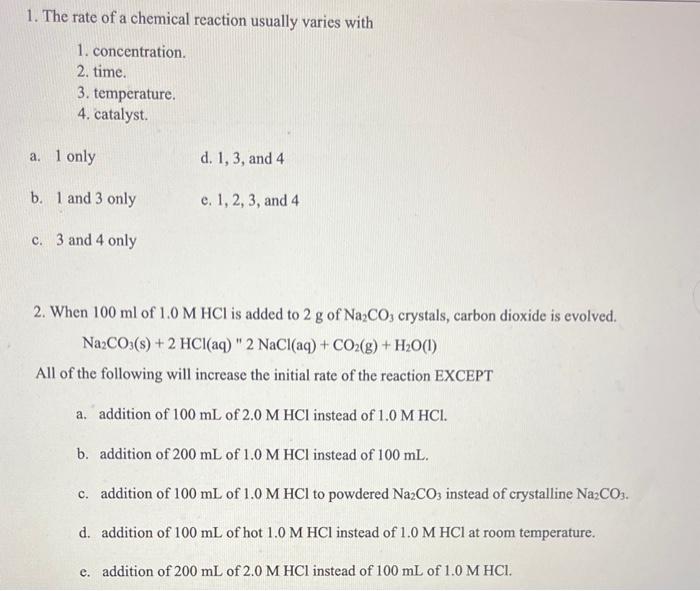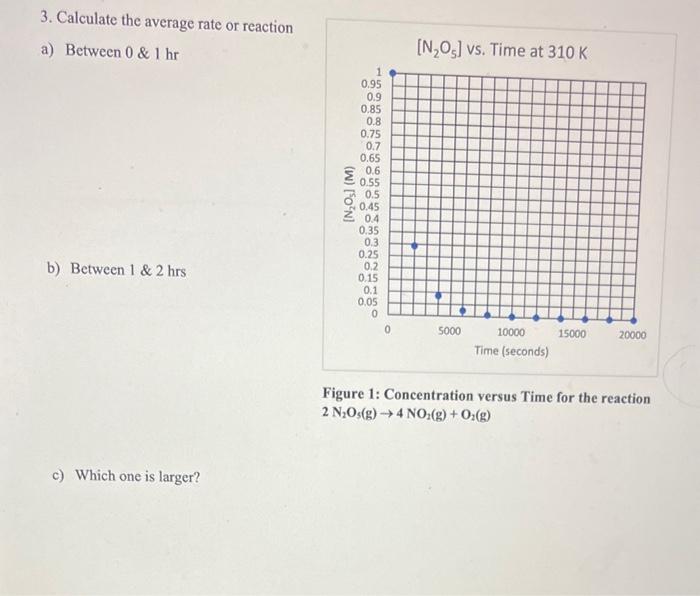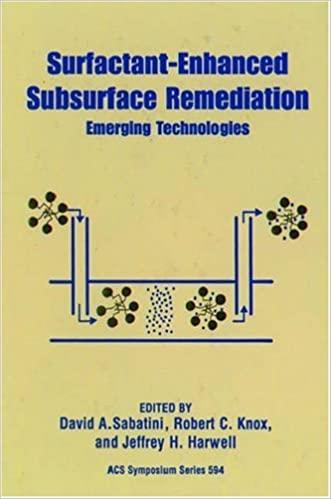Answered step by step
Verified Expert Solution
Question
1 Approved Answer
1. The rate of a chemical reaction usually varies with 1. concentration. 2. time. 3. temperature. 4. catalyst. a. 1 only d. 1, 3, and


Step by Step Solution
There are 3 Steps involved in it
Step: 1

Get Instant Access to Expert-Tailored Solutions
See step-by-step solutions with expert insights and AI powered tools for academic success
Step: 2

Step: 3

Ace Your Homework with AI
Get the answers you need in no time with our AI-driven, step-by-step assistance
Get Started


